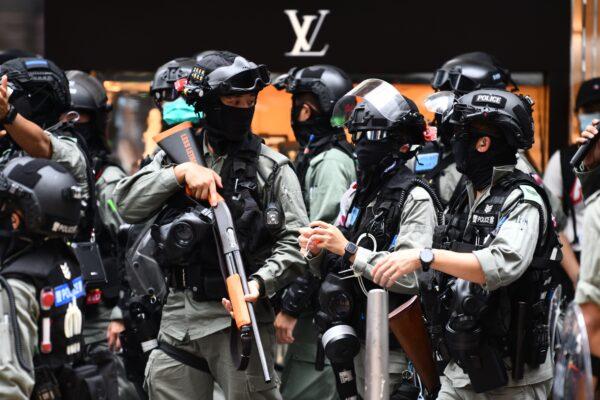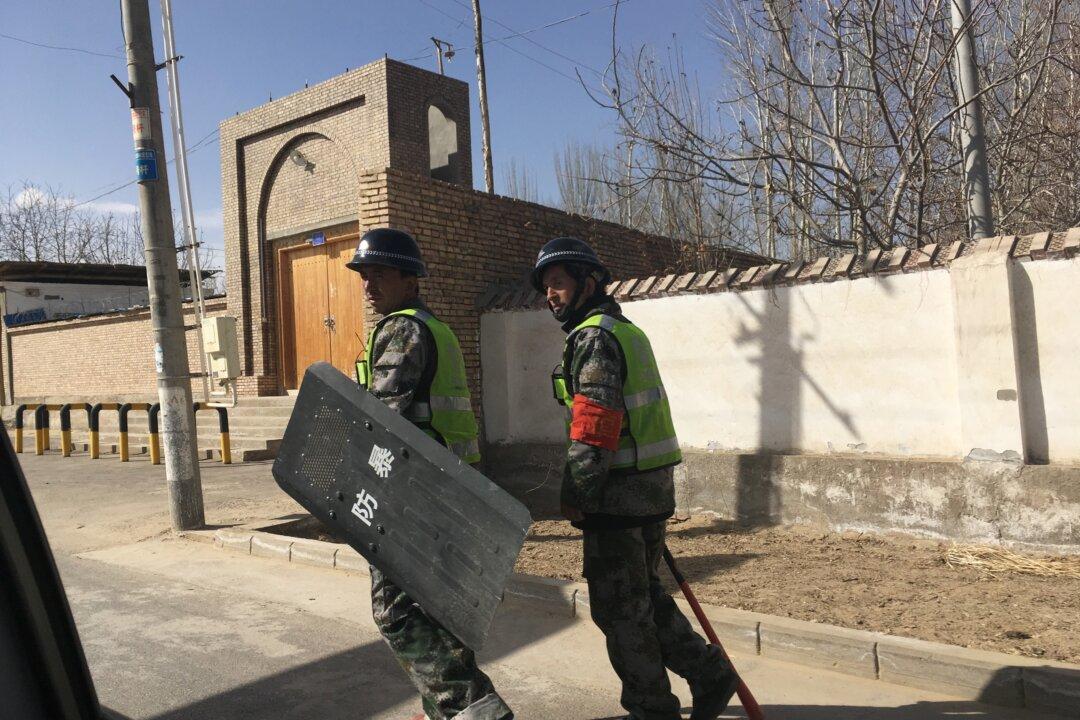Britain on Feb. 22 condemned the Chinese regime’s “deteriorating human rights situation” and urged Beijing to give the United Nations “urgent and unfettered” access to Xinjiang.
He said the situation in Xinjiang is “beyond the pale,” with “almost daily reports now that shine a new light on China’s systematic human rights violations perpetrated against Uyghur Muslims and other minorities.”
“The reported abuses—which include torture, forced labour and forced sterilisation of women—are extreme and they are extensive. They are taking place on an industrial scale,” he said.
“It must be our collective duty to ensure this does not go unanswered,” Raab said, adding that U.N. mechanisms “must respond.”
“The U.N. High Commissioner for Human Rights, or another independent fact-finding expert, must—and I repeat must—be given urgent and unfettered access to Xinjiang,” he said.
In Monday’s speech, Raab also raised concerns over the situation in Hong Kong, where “the rights of the people are being systematically violated.”

“The National Security Law is a clear breach of the Sino-British Joint Declaration and is having a chilling effect on personal freedoms,” he said, adding that “free and fair legislative elections must take place, with a range of opposition voices allowed to take part.”
“The position in Myanmar gets worse. The violations and abuses are well documented, including arbitrary detention and draconian restrictions on freedom of expression,” Raab said.
He said the military “must step aside,” and civilian leaders “must be released.”
Raab also raised concerns over the crackdown on opposition figures in Belarus and the poisoning and detention of Alexei Navalny in Russia.





